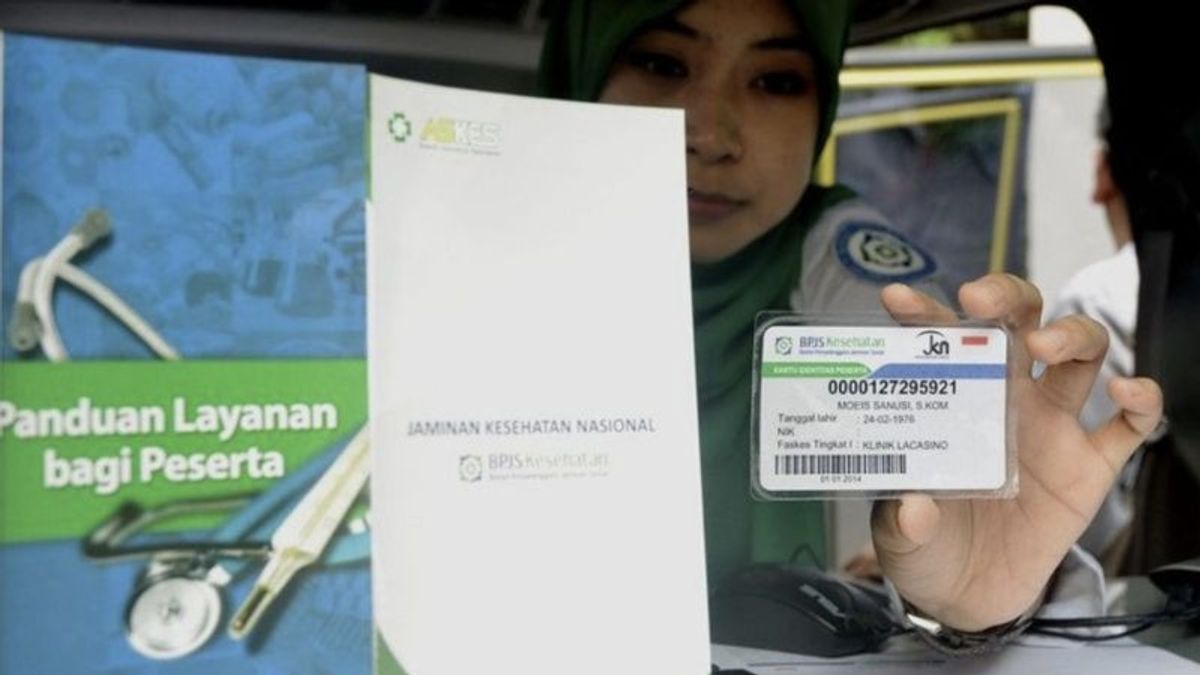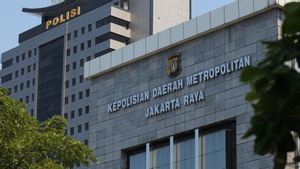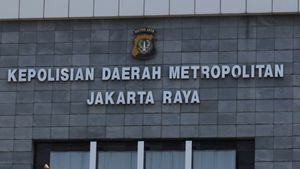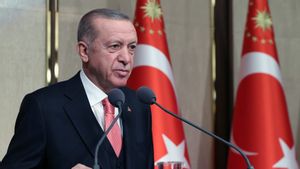Spokesperson for the Ministry of Health Mohammad Syahril said the revocation of mandatory spending was not related to the BPJS Health financing scheme and health services received by the National Health Insurance (JKN) participants.
"The mandatory spending is related to mandatory spending to finance health programs, such as achieving stunting targets, reducing maternal and baby deaths, eliminating death, eliminating tuberculosis, and also preparing infrastructure," said Mohammad Syahril as quoted by ANTARA, Wednesday, August 9.
Mandatory spending is intended for the APBN and APBD which must be provided by the government for the health budget.
With the elimination of mandatory spending, said Syahril, it does not mean that the budget does not exist, but the budget is neatly arranged based on the clear planning contained in the health master plan.
"The budget will be more effective and efficient because it is based on the input, output, and outcome that will be achieved, because the goal is clearly to increase the health level of the Indonesian people as high as possible. So everything is right on target, not wasting the budget," he said.
Regarding individual health funding efforts in the health insurance program managed by BPJS Kesehatan, said Syahril, it is not related to mandatory spending.
"In the Health Law there are no changes in the regulations related to BPJS Kesehatan. So that the information is not true and misleading," he said.
"Unlike the financing scheme in BPJS Kesehatan which uses the social insurance system where the money managed is a contribution from BPJS Health participants," Syahril added.
For those who are able to pay their own dues. For workers who receive wages or formal workers, JKN contributions are paid in mutual cooperation between workers or perturbatively 1 percent and employers drink 4 percent.
اقرأ أيضا:
Meanwhile, the government will pay poor people through the Contribution Assistance Recipient (PBI) scheme.
"The absence of mandatory spending will not affect the aspects of health services received by BPJS Health participants as it has been running so far," he said.
Previously, BPJS Watch member Timboel Siregar criticized the abolition of mandatory health spending. Juridically, the move contradicts MPR's Decree no.X/MPR/2001 at Point 5a letter 4 which assigned the President to seek a 15 percent increase in the health budget from the state budget.
He assessed that the abolition of mandatory health spending would have the potential to use JKN contribution funds for health financing that should have been financed by the APBN or APBD.
In addition, the number of PBI participants whose contributions are financed from the APBN and APBD will be reduced. "This means that more and more poor people will be disabled from JKN," he said.
The English, Chinese, Japanese, Arabic, and French versions are automatically generated by the AI. So there may still be inaccuracies in translating, please always see Indonesian as our main language. (system supported by DigitalSiber.id)


















